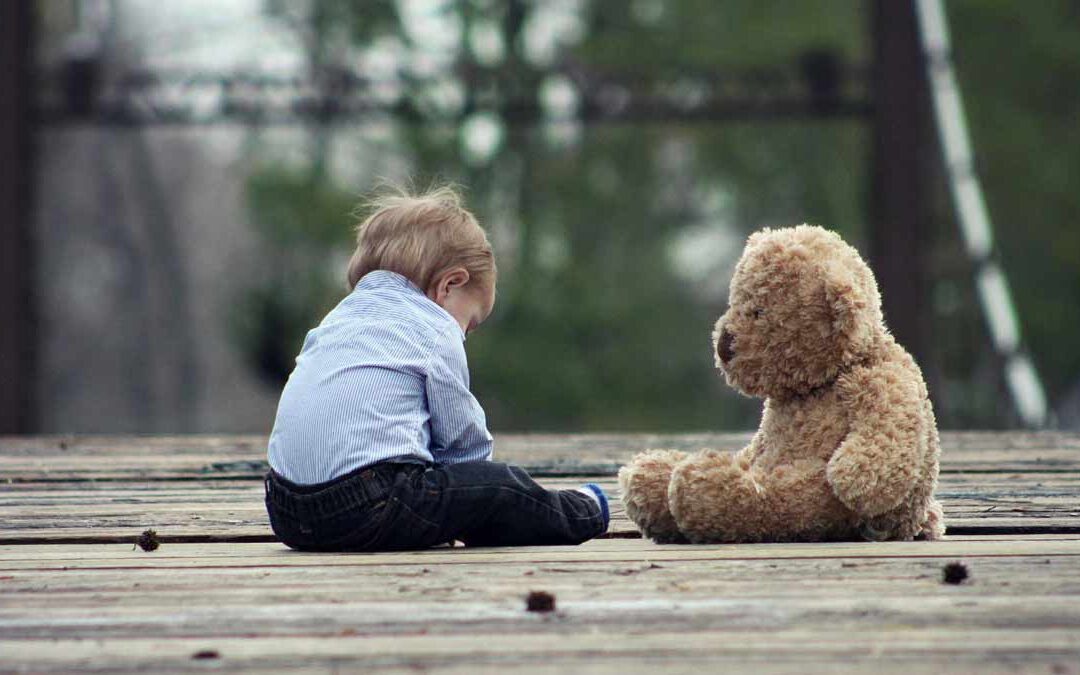
Afraid to be too big?
Our deepest fear is not that we are inadequate. Our deepest fear is that we are powerful beyond measure. It is our light, not our darkness that most frightens us.
– Marianne Williamson
As many of you who have followed my life-coaching writing and posting up through now undoubtedly know, one of the teachings I repeat again and again in my life-coaching work is that there is always a pay off one is receives from any habitual feeling or action that continues to cling long after it has surpassed its helpfulness.
It is an illusion that one goes from growth to growth.
Understanding the reward we are addicted to and accepting its loss, is necessary to gain the next level of personal growth.
This is true of all long term emotional states including insecurity.
Insecurity may come from a variety of roots including parental figures whose psychologies craved the neediness and dependance of a child even as the child matured. Or it could stem from teachers and other influential adults who also gained in power through nurturing doubt in their subordinates. In more recent years insecurity has been produced and nurtured through social media where the illusion of others’ success creates impossible goals and expectations.
Regardless of the root cause, insecurity continues through adulthood, like all other undesirable habits, by choice, when we are unable to face the fear of how others may react to us if we hold our power…
…or because of false notions that if we stand in our self security we can’t also make and own mistakes.
…or because there is a reward we receive for playing small and insecure that we are afraid to give up.
That reward is the reassurance of others that we are good, smart, strong, pretty, etc etc.
If you are someone who deals with regular, long-term insecurity, ask yourself what reward you would have to let go of to let the insecurity go. Is it the ability to escape scrutiny? The avoidance of risk? Reassurance? Excused immobility?
Once you understand the pay off for any hard to break habit, you can decide consciously if you are ready to go there and let both the habit and the reward go.
Let me know how this worked for you!
Helping my life-coaching clients to understand and break patterns for the long-term is one of my greatest joys. If you think you can benefit from life-coaching, consider joining me for my Women’s Realignment Retreat this October 7th-9th where you will receive both group and individual coaching or message me to discuss ongoing private coaching openings for fall.
I can’t wait to help you grow!
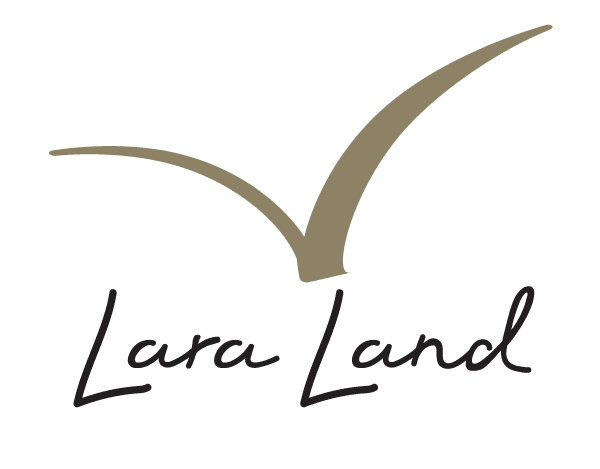
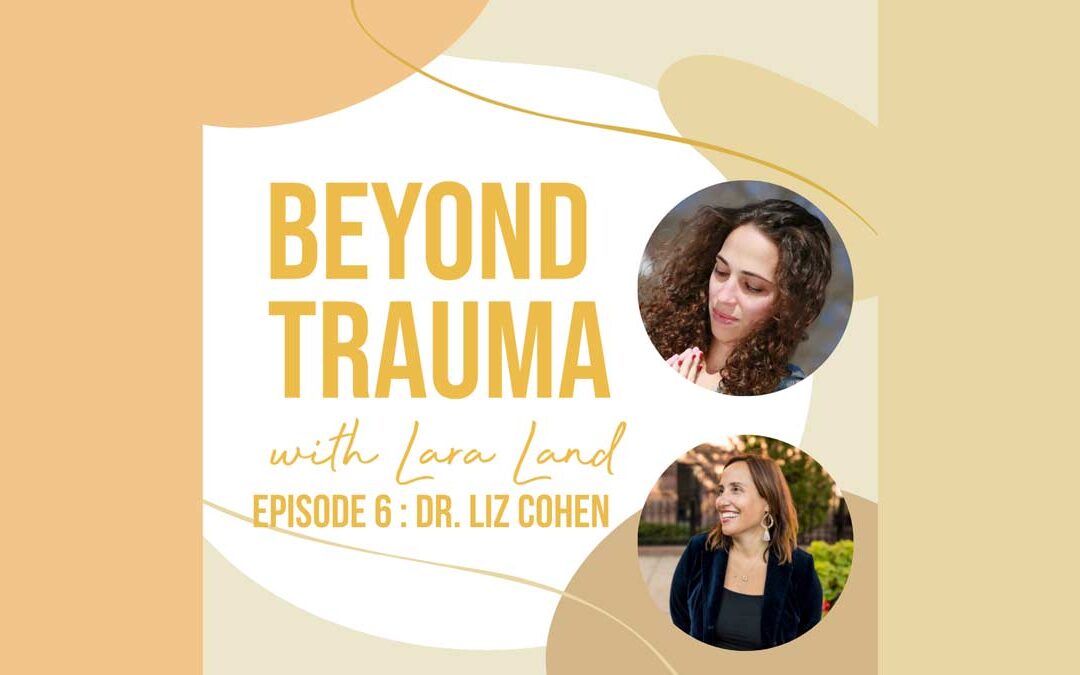


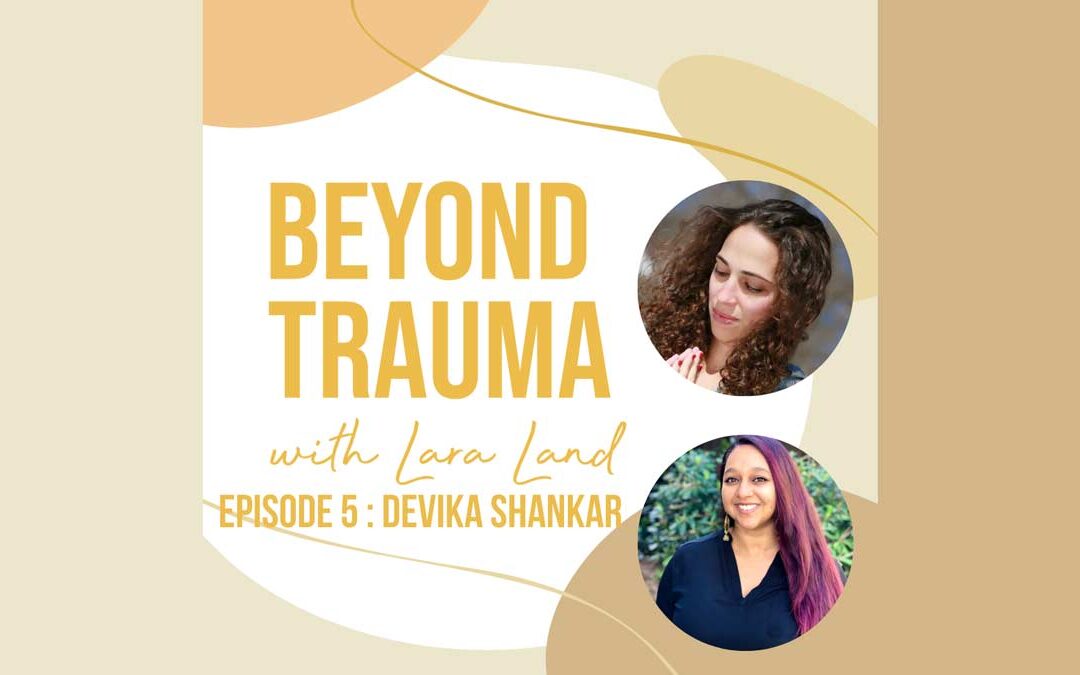
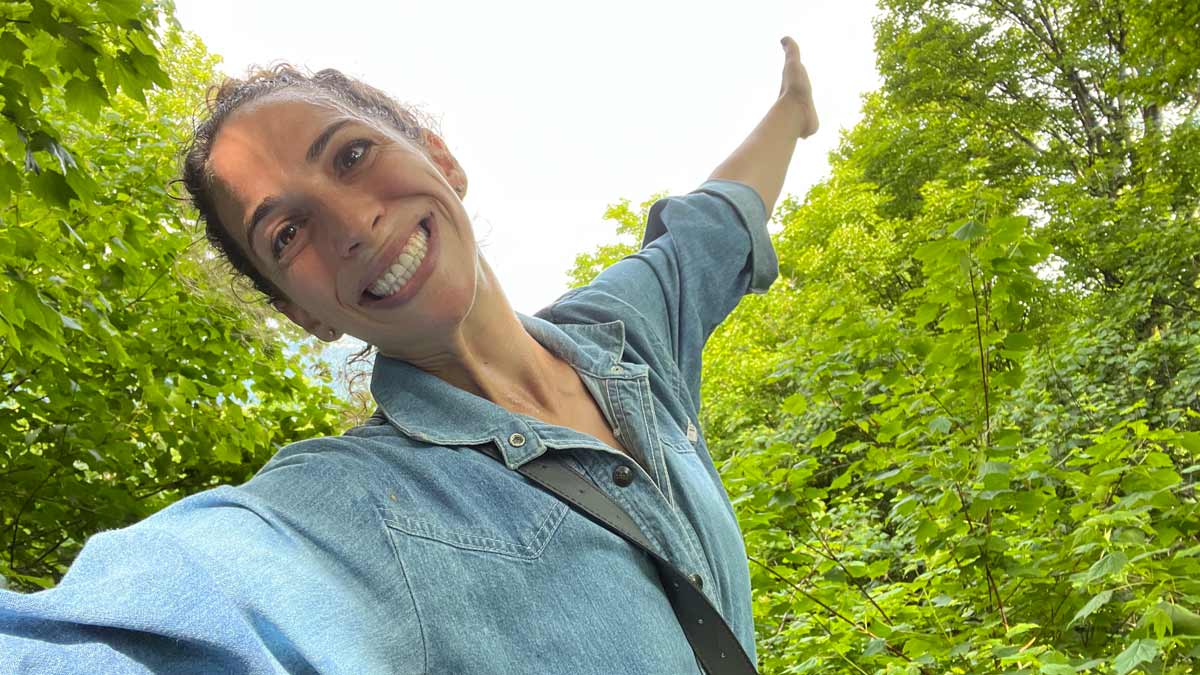

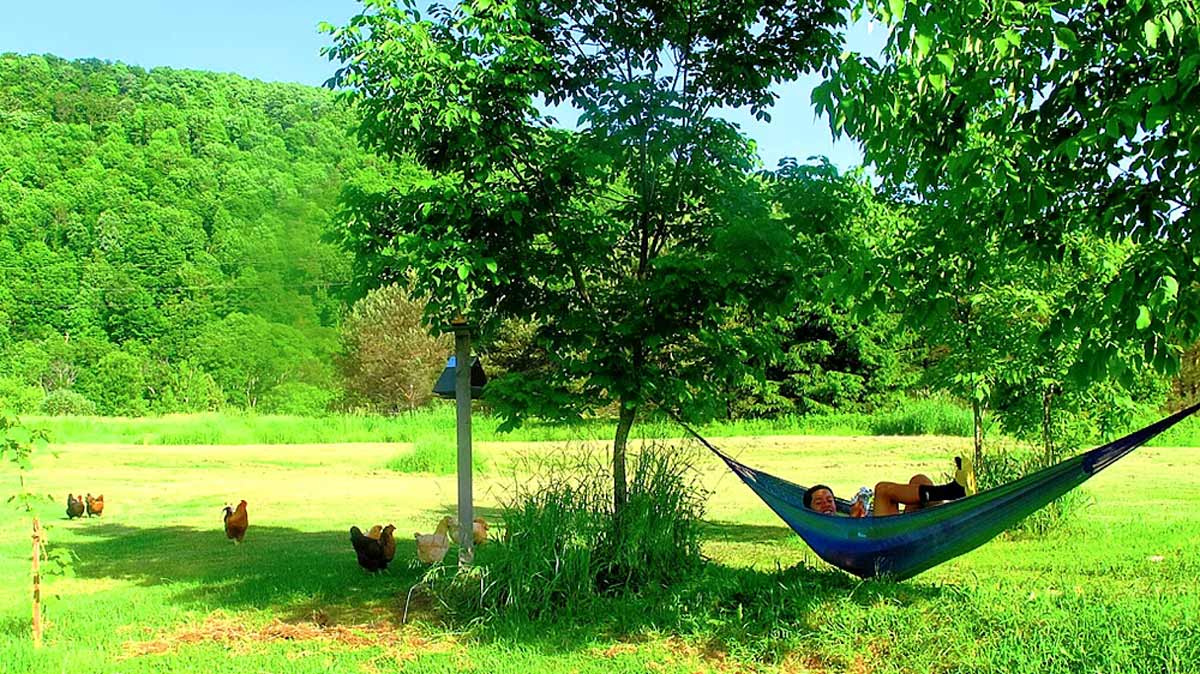
Recent Comments